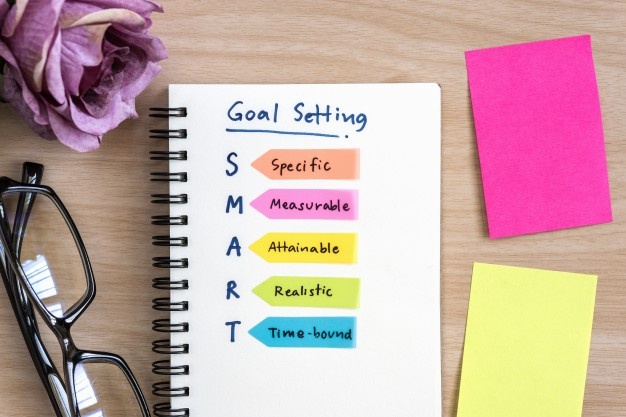
Deciding to learn a new language is not easy, we know! Yet, there many people around the world that can speak 6-7 languages, and make it seem so much less complicated as it really is. Although research show that people who learn more than one language at a young age, pick up more much easier. Nevertheless, it’s never too late to learn something new, even if it’s a completely new language.
Furthermore, it’s not just the language that’s hard to learn. In fact, a new language means a new way of speaking, new cultural variables, and different pronunciation. However, practice and determination make everything possible! So, as someone who learned an entire language on their own (no classes whatsoever) here are 8 simple steps to help you learn a new language FAST.
Why Do You Want To Learn X Language?

First and foremost, why do you want to learn a new language? Is it because of social pressure? Or do you see yourself moving to that country? Or simply because you like it? You may not think it’s relevant, but trust me, the reason behind why you want to learn something new is crucial. In fact, it will be your motivation to keep going and not give up. In addition, when you want to learn a new language because you love how it sounds, then your efforts are the result of your passion, and that makes everything easier.
Set Goals

On the other hand, if you wish to learn a new language because you found a job or a school in a different country, then it’s slightly a different process. Because there are two possibilities: You like the language, or you just need to learn it to work your way through your ”new home.” Either way, setting goals will help get you there a lot faster. Each day, you should have a list of new words to learn. Of course, you need to start slow and with the basics. Then, test yourself frequently to see how much information you actually retain. This would be a great indication of how you are doing, and wether you should change your learning methodology.
Practice, Practice, Practice…

For me, this is the most important piece of advice ever. Remember when we mentioned at the beginning that the hardest part of learning anew language, is learning to pronounciate right? Well, through practicing a lot, you will reach that goal. not only that it helps you better the way you speak each time, but your brain starts remembering more vocabulary. Practice with a native, or practice in front of a mirror. Just push yourself to speak it since the beginning, and make it a habit to speak the new language everyday.
Watch A Lot Of Movies In That Language

Besides classes and tests, one really realizes if they are on the right track or not, through watching movies/listening to songs. Listening is a great practice for the brain to pick up content faster. In addition, they give you an insight about what to expect. Because let’s face it, studying a language and speaking it with a native are two different things. Usually, they speak much faster, they pronounce differently, and sometimes, they even use slang. Therefore, watching native movies and listening to songs gives you time to look up the words you don’t understand. And, helps you pick up the pace as well!
Study Smart

Either through one-in-one classes, online classes, podcasts or even apps. Studying a language is a must, since you need to learn all about the grammar, how to conjugate, different tenses and verbs etc… So, instead of drowning yourself in studying everything, create a schedule to start with easier things. You can use flashcards for example, and force yourself to guess. Even if you get it wrong the first time, you will always remember it since you tried to look for it inside your head.
Learn About The Culture/Country

As we said earlier, there is more to a new language than the words. In fact, it’s the sum of culture, expressions and history. In addition, if you are moving to a new country, it would suck not to know anything about it or its locals. Therefore, learn more about the origin of the language you are trying to learn, and the country/countries that use it. These are simple yet effective steps to learn a new language fast.
It’s Okay To Make Mistakes

Finally, keep in mind that no one can speak a new language perfectly since the beginning! it takes practice, immersing yourself in the culture and above all, learning from your mistakes. So, don’t be ashamed to get things wrong, because it’s more than okay to make mistakes. All that matters is that you keep practicing, and paying close attention to what you are getting wrong. Your brain will unconsciously help you retain the errors, and remind you the next time so that you get it right.
Photos: Freepik.

Leave a Reply